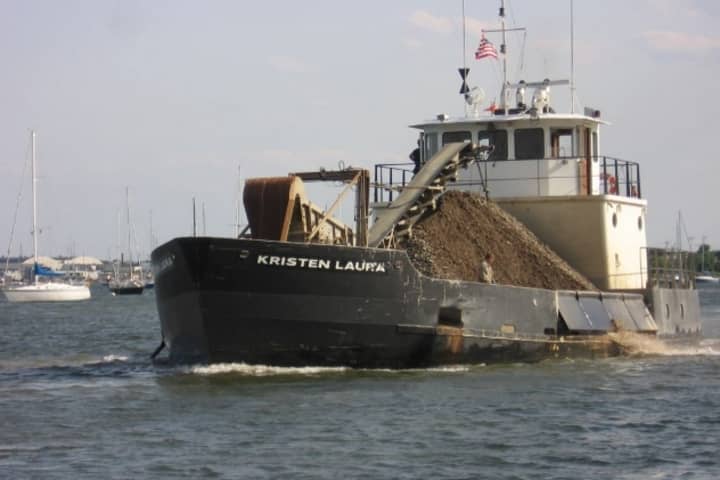The Connecticut Department of Agriculture issued a recall for oysters, clams, and mussels harvested from certain locations in Norwalk and Westport, dating back to the beginning of July. The recall stemmed from reports of infections from vibrio parahaemolyticus, a species of bacteria that affects shellfish.
The bacteria in question are similar to the species that causes cholera, and can cause similar symptoms. Their most common effect is diarrhea, often including abdominal cramping, nausea, vomiting, fever and chills.
“Illness is usually self-limited and lasts three days,” the Centers for Disease Control and Prevention say on its website. “Severe disease is rare and occurs more commonly in persons with weakened immune systems.”
About 30 people are hospitalized because of V. parahaemolyticus infections each year nationwide, with one to two deaths on average, according to the CDC. The CDC sees about 215 confirmed cases each year, but estimates that as many as 4,500 cases go unreported or unconfirmed each year.
Vibrio parahaemolyticus thrives in environments with moderate salt levels and warmer temperatures. Because Long Island Sound is an estuary, or an area where fresh water mixes with salt water, it is particularly well-suited for the bacteria to develop during the summer months.
Areas of New York, New Jersey and Massachusetts saw similar outbreak last summer. The number of confirmed cases of vibrio parahaemolyticus was 43 percent higher in 2012 than in prior years, according to the CDC.
This increase may be tied to global climate change. Because the bacteria thrive in warmer waters, rising ocean temperatures caused by global warming may help the bacteria to spread.
In a study for the American Medical Association, Dr. Kristie Ebi points to a 2004 outbreak in an Alaskan cruise liner, traced to oysters harvested at one of the ship’s ports of call. The incident was more than 600 miles farther north than the bacteria had been reported before.
“Rising temperatures of ocean water may have contributed to one of the largest known outbreaks of V. parahaemolyticus in the United States,” Ebi wrote.
The Connecticut Department of Agriculture instituted a “control plan” for preventing outbreaks. The regulations included requiring commercial oyster fishermen to keep all harvests out of direct sunlight and setting time limits on how long oysters could sit without ice or refrigeration to just a few hours.
The Department of Agriculture also requires all commercial fishing operations to keep detailed logs of where each group of oysters was harvested. Each batch should have a tag when it arrives at a fish market detailing the harvest location, which allows for site-specific recalls like the one issued Monday.
For recreational shellfishermen, the Department of Agriculture offers the same advice: keep shellfish shaded and cool as soon as possible. Privately harvested shellfish should also be served cooked.
Cooking to an internal temperature of 145 degrees Fahrenheit kills V. parahaemolyticus. A guide for safe preparation is available at the state website, and is attached below.
As of Thursday recreational shellfishing areas in Darien, Norwalk and Westport remained closed. Some commercial beds from Greenwich to Westport were still closed as well. Residents can call Norwalk’s recreational shellfish hotline at 203-838-9807 to find out if areas are still closed in the future.
Click here to follow Daily Voice Norwalk and receive free news updates.


